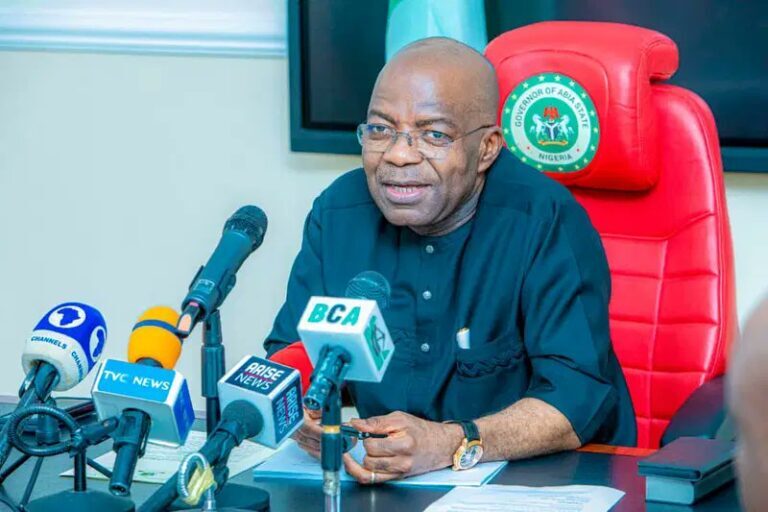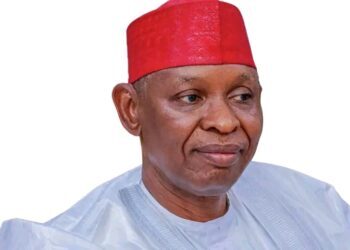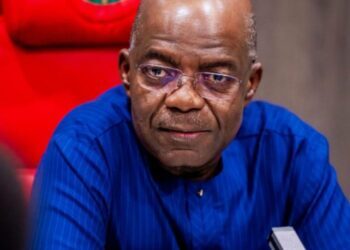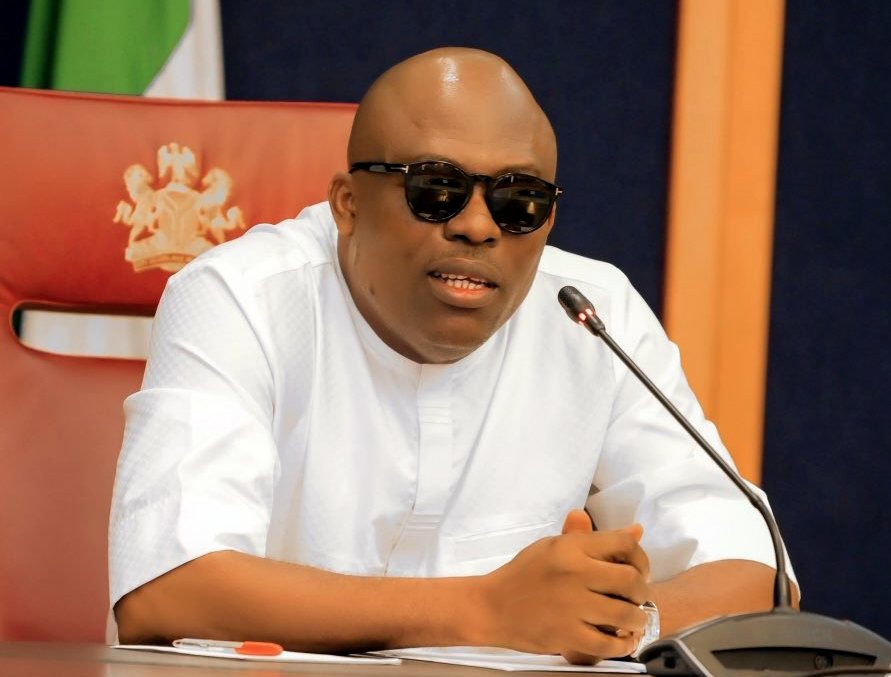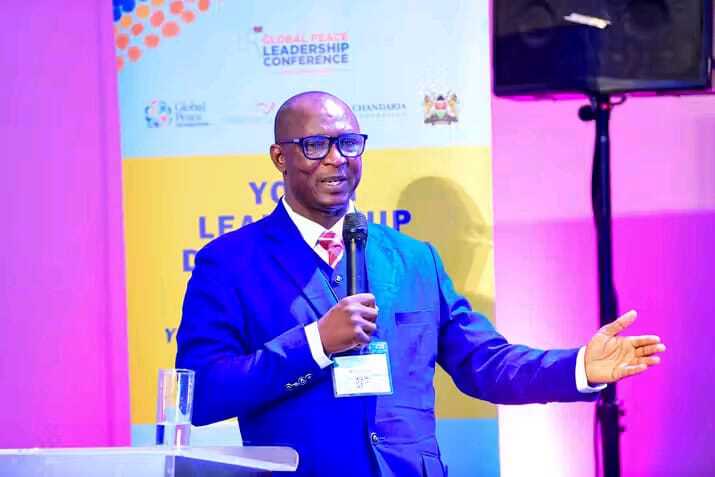He made the declaration on Saturday during a reception held in his honour by the Anambra Development Unions Association, Aba branch.
Otti dismissed speculations of a senatorial ambition, describing the rumours as baseless and misleading.
“When I finish my eight years here, I will retire. I am not going to Abuja,” Otti said, urging critics to stop spreading falsehoods.
He stressed the need to give room for younger leaders, citing the evolving political landscape and rising youth participation.
“We are no longer that young. Society is changing, and the young ones are rising. It’s time we give them the opportunity,” he added.
The governor also announced plans to revisit the 2011 disengagement of 154 state workers, mostly teachers, from the civil service.
He said the State Head of Service would be directed to urgently review the matter for possible redress.
Otti hinted that those under 65 might be reengaged on contract, especially given the teacher shortage across the state.
He criticised the workers’ dismissal on the basis of state of origin, calling it unjust and illegal.
“For those outside the age bracket, we’ll find fair compensation mechanisms,” the governor assured.
He reaffirmed his administration’s commitment to justice, inclusivity, and correcting the wrongs of previous governments.
In separate remarks, lawmaker Stephen Ucheonye and Chief Obiora Nwakpadolo praised Otti’s leadership and developmental strides.
They said the governor’s performance inspired the decision to hold the reception in his honour. (NAN)


